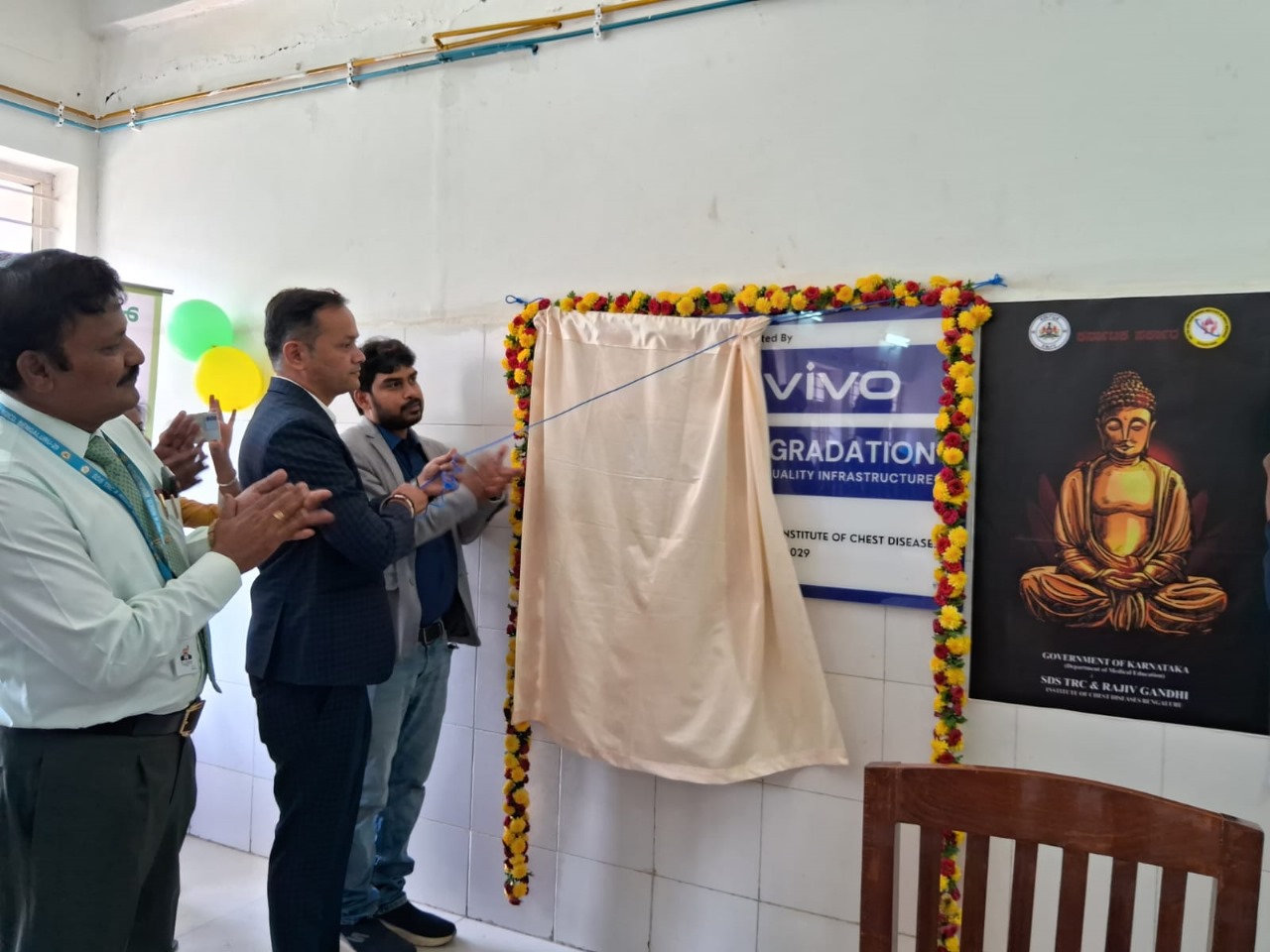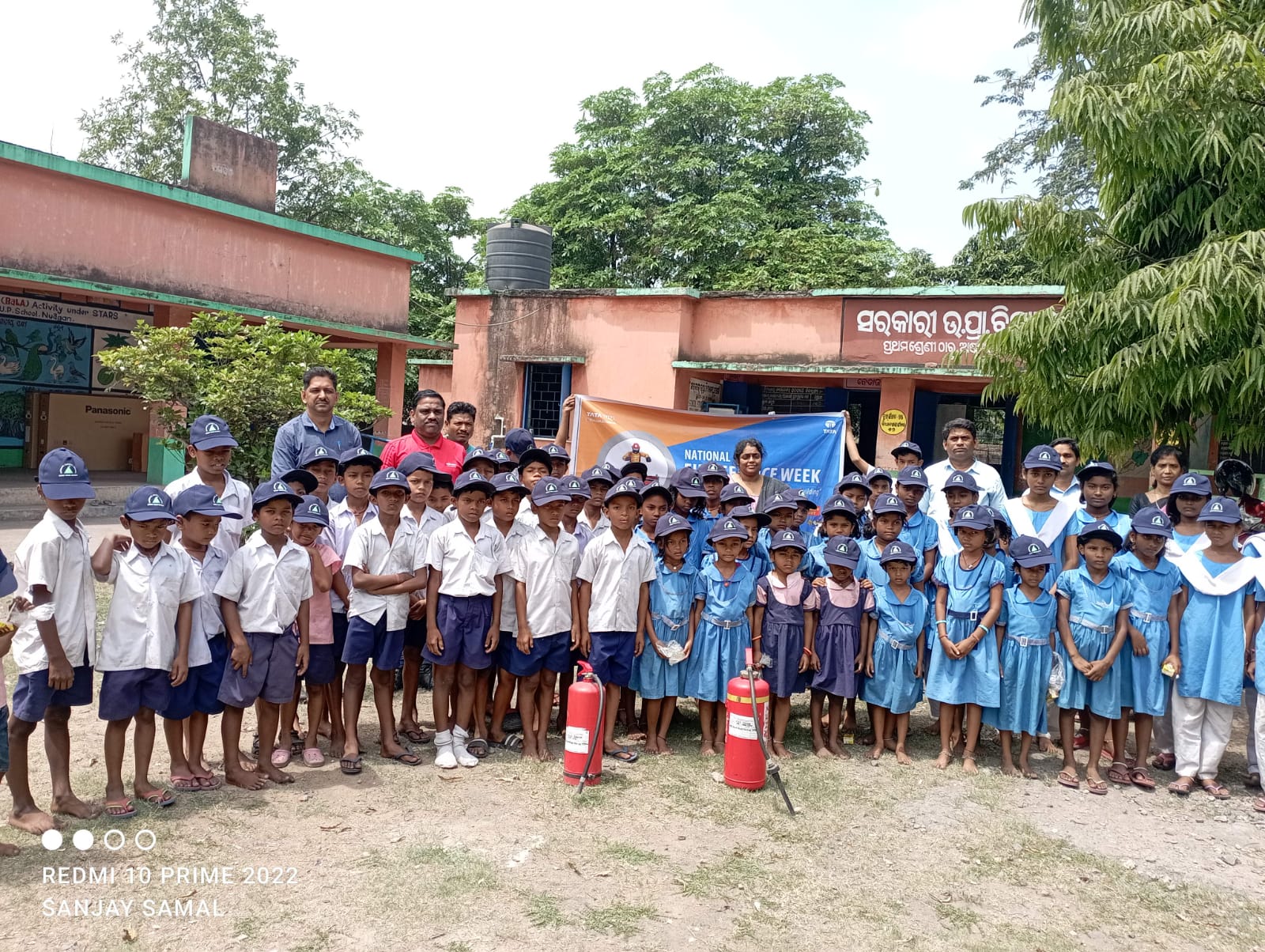Subscribe our Weekly Newsletter
RFP to Assess usage of Individual Household Toilets (IHHTs) and Community Toilets constructed in the catchments of ITC’s factories

Organization: ITC
Apply By: 28 May 2018
Request for Proposal to Assess usage of Individual Household Toilets (IHHTs) and Community Toilets constructed in the catchments of ITC’s Factories
Brief on the Programme
ITC’s Health and Sanitation programme promotes low cost Individual Household Toilets (IHHTs) on a cost sharing basis for the communities residing in catchments of ITC’s factories, to ensure open defecation free (ODF) environment and reduce incidence of waterborne diseases. Along with construction of IHHTs either directly or through convergence with Government schemes, community toilets have been constructed which started off from FY 2016-17. Sustained usage and proper maintenance of the constructed sanitation facilities is fundamental for success of any health and sanitation programme; therefore, there is a need to assess the level of awareness about Water Sanitation and Hygiene (WASH), actual usage and behaviour patterns amongst communities.
In this regard, ITC conducted a third party assessment on the usage of toilet facilities constructed till 2015-16 across 14 districts in 9 states. The current study will revisit and revalidate the findings and do intertemporal analysis of key sustainability indicators.
Geographical Spread
The programme was initiated in 2000-01, though it significantly scaled up from 2013-14 and presently it covers 23 districts across 16 states namely, Andhra Pradesh (AP), Assam, Bihar, Himachal Pradesh (HP), Karnataka, Madhya Pradesh (MP), Maharashtra, New Delhi, Odisha, Punjab, Rajasthan, Tamil Nadu (TN), Telangana, Uttar Pradesh (UP), Uttarakhand and West Bengal. Till March, 2018 over 31,000 IHHTs were constructed through ITC funding and collaboration with Government schemes. 30 Community Toilets are constructed/ renovated in cases where household clusters do not possess land for construction. The details on district wise spread for each of the above activities is shared in Annexure 2.
Scope of the Study
In 2016-17, a rapid assessment of the health and sanitation intervention was undertaken to ascertain the usage of toilets constructed in households and schools. A sample of 4,459 beneficiaries were surveyed from across 15 districts covering 9 states.
The current study in discussion will assess the situation of the earlier surveyed sites to revalidate the findings and conduct an intertemporal analysis. The agency will conduct Focused Group Discussions (FGDs) with different stakeholders and in-depth interviews of service providers and government officials. The qualitative tools of the survey will be used for triangulation of the field data and come up with case studies of best practices that are demonstrable and replicable.
Requirements from the agency
- The agency to have proven expertise in assessment of similar interventions, sampling methodology and adept in large scale data collection, collation, compilation and analysis.
- The sampling methodology to take care of neutralizing external factors (if any) so as to ensure that the results are the most accurate representation of the field situation.
- Once selected, agency will be shared the data collected in Baseline round of 2016-17. Agency should do a preliminary visit to 2-3 sample sites to understand in details about the intervention. Thereafter, agency to plan sampling methodology, questionnaires for field interviews and logistics (translator etc.), Focused Group Discussions and case study documentation.
- Pilot testing of questionnaire to be conducted with respondents and basis the feedback, changes to be incorporated accordingly in the study tools.
- Group discussion and other qualitative survey modules to be taken up as per plans and conducted through structured questionnaires and checklists. These exercises are meant for capturing insights and triangulation of quantitative data collected from field.
- Time to time sharing of emerging data and trends based on field survey data with ITC.
- Submission of draft report and final reports with all raw data backups and analysed data tables in excel spreadsheet.
Expected Deliverables
1. Inception report to be shared in the first 15 days from the date pf signing off the contract after incorporating all suggestions.
2. Field data files to be submitted in excel files along with all output tables.
3. Draft report to be shared covering all scopes and district wise analysis. Report to be finalized after incorporating changes suggested by ITC.
4. The final study report to be submitted in 2 hard copies (A4 Size preferably with bond paper and coloured prints) and soft copy in form of CDs/pen drives. All field data back-up to be submitted along with analytical tables.
5. The agency to deliver a final presentation to ITC explaining the findings of the study.
6. The study and data collected during study including photographs will be the property of ITC Limited and the agency shall not use it in any form without the written permission from competent authority in ITC.
Contact details:
For submission of RFP or any further queries all correspondence may be directed to: itcmsk@itc.in
For more information please check the Link
Latest Online Store
Latest Grants
Latest News
© Renalysis Consultants Pvt Ltd


























